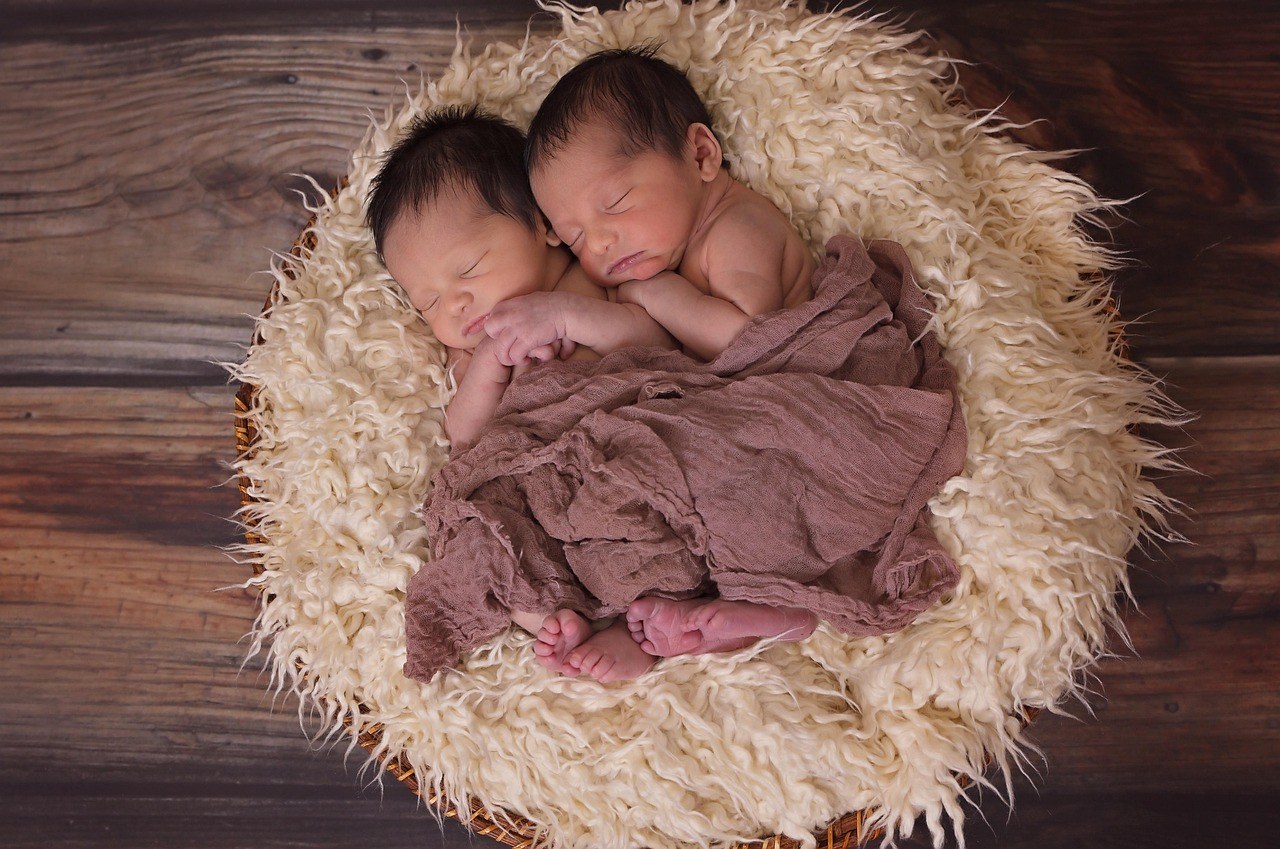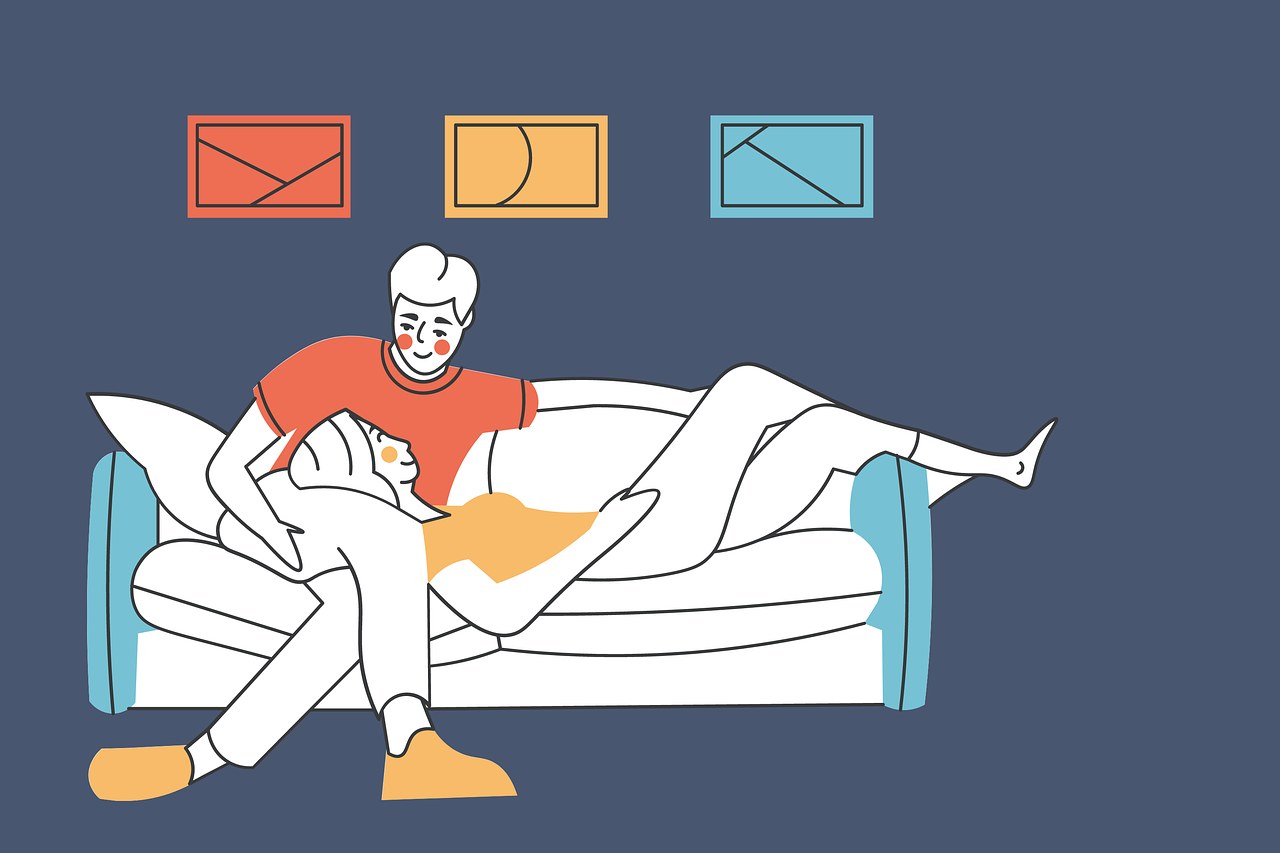You already share a bond that most people envy – you laugh easily, finish each other’s sentences, and trust one another with the messy parts of life. Still, there’s a lingering question you can’t shake: what if your best friend’s feelings have shifted from platonic to romantic? When you’re trying to work out whether your best friend loves you in a deeper way, the tiniest behaviors take on new meaning. This guide reorganizes familiar signs, adds nuanced context, and gives you language for what you’ve been noticing, so you can decide whether to speak up, wait it out, or simply become more observant.
Before you read further, breathe. You don’t have to interrogate your friend or risk the friendship overnight. You can gather signals, weigh them against your history, and pay attention to how you feel – because your sense of the relationship matters as much as any “tell.” By attuning to patterns rather than isolated moments, you’ll be better able to decide if your best friend loves you romantically or if the warmth you’re sensing is simply the comfort that comes with years of closeness.
Start With Your Own Feelings
Your clarity begins with you. Are you noticing these shifts because you’re secretly hoping your best friend loves you? Or are you nervous because you don’t feel the same way? If your affection is purely platonic, you can still set a gentle tone – keep boundaries consistent, redirect flirty banter with humor, and avoid sending mixed signals. If you’re open to more, awareness is still your ally. It lets you distinguish between kind gestures and meaningful bids for intimacy, and it grounds you when emotions surge. Remember, the question “does my best friend loves you scenario apply here?” doesn’t get answered by one dramatic confession; it’s answered by small, steady cues that line up over time.

Reading the Signs Without Overthinking
When two people know each other well, change is easy to spot. That’s why recognizing whether your best friend loves you doesn’t require detective work so much as attention. Look for consistency: do several signals show up across different days and contexts? Do they persist even when no one else is watching? Trust patterns – they rarely lie. The list below groups the most telling behaviors into themes you can track without turning your friendship into a science experiment.
Signals of Romantic Shift You Can Observe
-
People Around You Can Sense the Chemistry
Sometimes the clearest evidence comes from outside observers. When friends or family tease you two about being “basically a couple,” they’re reacting to visible energy – the way eyes linger, how laughter comes more easily, or the comfortable silence that feels like home. If multiple people keep nudging you with the same observation, take note. Their reactions don’t prove your best friend loves you, but they spotlight a vibe you might be downplaying.
-
Touch Lingers and Changes in Quality
Hugs that last a beat too long, a hand at the small of your back guiding you through a crowd, knees that “accidentally” brush and stay there – physical closeness often shifts before words do. Because you already have permission to be affectionate as friends, it’s the subtle differences that speak loudest. Does your best friend loves you energy show up in how carefully they handle your coat, or in the way they tuck a stray hair behind your ear? These gestures carry a tenderness that feels unmistakably intimate.

-
Public Praise Replaces Playful Teasing
Close friends roast each other; it’s part of the fun. But if your hype reel becomes the new default – if they now spotlight your achievements, brag about your character, and defend you when you’re not around – there’s likely more at stake. When your best friend loves you, they can’t help but act like your biggest fan, and admiration spills out in rooms where you’re both known.
-
Conversations About Your Dating Life Grow Awkward
Pay attention when talk of your romantic prospects suddenly flattens the mood. Maybe they change the subject, get quiet, or poke holes in the people you’re seeing. That shift doesn’t automatically mean your best friend loves you, but discomfort in this area is a classic hint – especially if they used to love giving you dating advice and now seem hesitant or protective.
-
They Pause Their Own Dating Efforts
Someone with strong feelings often loses interest in casual dating. If your friend used to be open to meeting new people but now passes on opportunities without a clear reason, the simplest explanation might be you. A pause doesn’t prove your best friend loves you; however, a consistent pattern – fewer dates, less enthusiasm, and more time funneled into your duo – points in that direction.

-
Flirting Emerges From Familiar Banter
Jokes acquire a softer edge; compliments land with heat; private nicknames suddenly feel charged. One day you realize your inside jokes aren’t just funny – they’re suggestive. If flirtation peeks out, retreats, and then returns stronger, it’s often because your best friend loves you and is testing how safe it is to be obvious.
-
Shared Moments Feel Cinematic
There are those suspended instants – walking to the car at night, standing too close in a kitchen lit only by the fridge, or catching each other’s eyes across a noisy room. If you both fall quiet and it feels like the world edges out of focus, that’s a meaningful data point. When your best friend loves you, these micro-moments multiply and become easier to recognize.
-
“Friend Dates” Become Your Default Setting
Weddings, company parties, family dinners – events that typically imply a date start to feature you, not “just a friend.” The language stays casual, but the context speaks volumes. People take partners to milestone occasions because they want comfort and pride at their side. If that seat is always yours, your best friend loves you might not be a question so much as a pattern waiting to be named.
-
Old Sparks Can Reignite
If you’ve kissed before or tried dating in the past, resurfacing warmth is common. A past attempt can clarify that your best friend loves you now – not because history repeats automatically, but because familiarity lowers defenses. You both know what connection felt like then, and you can feel when the present echoes it.
-
They See the Details No One Else Notices
The new scent you’re wearing, the tiny shift in your mood, the inside-out sweater you threw on in a rush – when someone is tuned in, they catch everything. Care shows up in concrete ways: they anticipate your coffee order, remind you to rest, and show up with a snack when you’re stressed. This kind of attention often means your best friend loves you and wants your daily life to go more smoothly.
-
Conversations Stretch Across the Day
It starts with a quick “good luck” message in the morning, morphs into a midday meme, and ends with a late-night check-in that melts into a call. When threads never really close, it’s because connection is the point. If your best friend loves you, they’ll seek steady access to your headspace – not to control it, but to live there comfortably.
-
Something Feels Different – And Keeps Feeling Different
Style elevates when they know they’ll see you, their apartment is tidier when you drop by, and plans suddenly include more one-on-one time. The differences don’t have to be dramatic; they just have to be consistent. A fresh effort can signal that your best friend loves you and wants you to notice, even if they aren’t ready to say it out loud.
-
Their Family Treats You Like You Already Belong
Families often read the room faster than anyone else. If parents or siblings light up when you arrive, extend specific invitations, and subtly include you in future plans, they may be responding to the joy they see when you’re around. That warmth can be a mirror: your best friend loves you, and the people who know them best are signaling approval.
-
Your Gut Picks Up What Words Haven’t
Intuition is not a perfect instrument, but it’s rarely random. If your inner voice keeps whispering that your best friend loves you, sit with that feeling. Ask yourself how it shows up – a rush in the chest when they text, a calm certainty when you imagine a future together, or a twinge of jealousy you didn’t expect. Your body often knows before your brain does.
-
They Hint – Or Admit It
Sometimes the truth slips out as a late-night “I care about you more than anyone,” a joke that lands too sincerely, or a tipsy confession that doesn’t fade in the morning light. If an admission has surfaced – even obliquely – your next steps matter. When your best friend loves you and the truth is on the table, you both deserve clarity handled with care.
How to Respond Without Breaking What You Cherish
Recognizing that your best friend loves you is only half the story; the other half is what you do about it. There’s no universal script, but there are kinder ways to navigate the tension. The first principle is pace – move slowly, even if the feelings are mutual. Talk about expectations, boundaries, and the fear of losing each other. A strong friendship already includes those conversations; you’re simply making them more explicit now.
If you share the feeling, you can ease into change: trade a group hang for a dinner just the two of you, try a low-pressure “date” you would have enjoyed as friends anyway, and check in afterward about how it felt. The goal isn’t to turn the friendship into a performance of romance overnight; it’s to let romance grow from the trust you’ve built. If you’re unsure whether your best friend loves you in the way you hope, say what you’ve noticed without making accusations – describe patterns, own your perspective, and invite honesty.
And if your feelings aren’t romantic, you can protect the friendship by being compassionate and clear. Affirm what’s real – the loyalty, the inside jokes, the safety – and then articulate the boundary in plain language. The paradox is that the same honesty that confirms your best friend loves you can also preserve the friendship when the love isn’t mutual. What damages connections isn’t truth – it’s ambiguity stretched too far.
Practical Ways to Observe Without Hyper-Focusing
When emotions run high, you might be tempted to analyze every text and glance – but that’s exhausting. Try these simple practices to keep perspective while you assess whether your best friend loves you romantically.
-
Notice Frequency, Not One-Off Moments
A single long hug could be warmth; five in a week suggests intention. Track the recurrence of signals. Patterns protect you from misreading kindness as courtship – and they confirm when your best friend loves you isn’t just a hunch.
-
Compare Then vs. Now
Think back six months. Has communication intensity changed? Are they sharing more vulnerable stories? Has their schedule shifted to prioritize you? The delta is the data. Where your best friend loves you hypothesis holds, change usually trends in one direction: toward more intimacy.
-
Watch How They Act Around Others
Some people are naturally affectionate. If your friend gives everyone lingering hugs, then touch alone isn’t definitive. But if their tenderness is reserved for you – the way they listen, show up, and soften – you’re seeing how your best friend loves you uniquely.
-
Check Your Own Storyline
If you’re inventing meaning to avoid loneliness, even neutral behavior can look romantic. Balance heart and head: write down what happened, not just how you felt. This keeps your conclusion – that your best friend loves you – grounded in reality rather than wishful thinking.
When You’re Ready to Talk
There comes a point where quiet noticing turns into pressure. That’s your cue. Choose a calm setting you both associate with honesty – a familiar couch, a neighborhood walk, a favorite café – and lead with care. Try: “I’ve felt our dynamic shifting, and I value us too much to be vague. I could be off, but it seems like there’s something more here.” This opens the door without cornering them. If your best friend loves you, they’ll likely exhale with relief. If not, they’ll appreciate your respect for the friendship.
After the conversation, give each other room to process. It’s normal to wobble – habits change, affection recalibrates, new boundaries take shape. The good news is you already know how to navigate growth together. Whether your best friend loves you and you choose to explore that, or you reaffirm the friendship as it is, you’re doing the brave thing by meeting reality directly.
A Note on Protecting the Friendship
Friend-first couples often thrive because they started with trust – but that same trust can make risks feel scarier. If you decide to try dating, keep the rituals that made your friendship rich: shared hobbies, unstructured hangouts, and plainspoken check-ins. Resist the urge to storyboard the whole future. Let experience inform decisions – not fear. If your best friend loves you and the step into romance feels right, slow and steady is still wise.
If you choose to keep things platonic, don’t punish each other with distance unless it’s truly needed to heal. Grief may arise – name it kindly. Adjust traditions if they spark painful confusion, then reintroduce them when the air is clear. The fact that your best friend loves you doesn’t doom the friendship; mishandled silence does. Communication – candid, compassionate, ongoing – is the bridge back to normalcy.
Bringing It All Together
You don’t need a grand gesture to prove anything. You’re looking for the steady drip of evidence that, taken together, adds up to a conclusion you can trust. Outside voices noticing chemistry, small but persistent changes in touch and time, a shift from teasing to devotion, discomfort around your dating life, the emergence of flirtation, and those unmistakable moments that feel like more – when enough of these align, it’s fair to believe your best friend loves you. From there, the next move is yours.
Whatever you decide, remember why you’re here – because this person matters deeply to you. If your best friend loves you and you feel the same, you’re standing at the start of something that could be extraordinary. If the love isn’t mutual, you can still protect the rare connection you already have. Either way, you’re choosing honesty over confusion, care over guessing, and courage over silence – the quiet hallmarks of relationships that last.